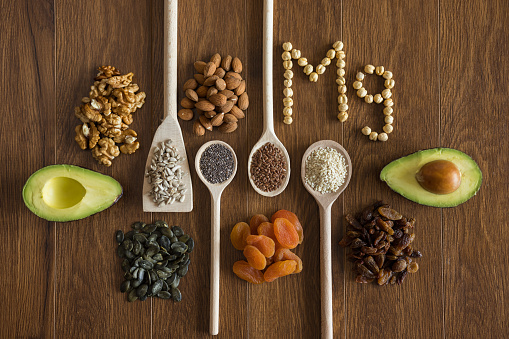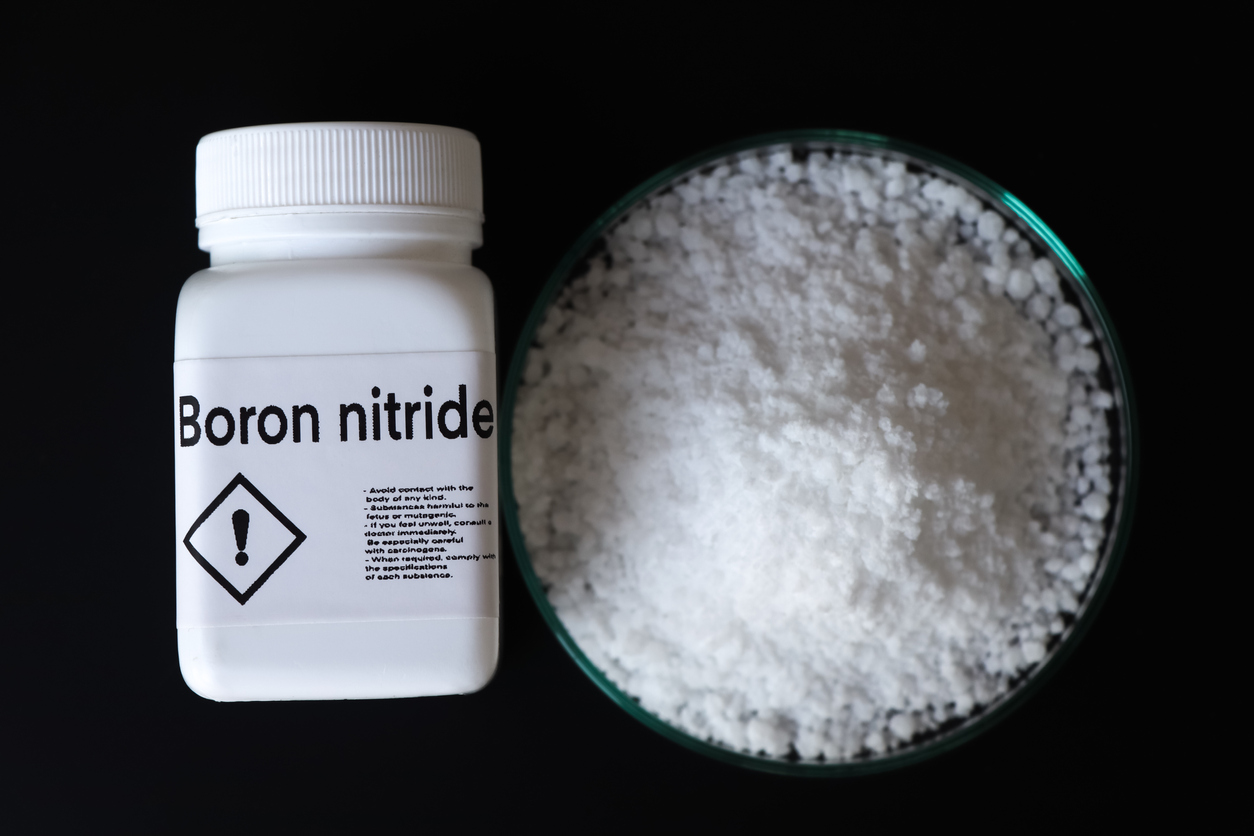Magnesium is the most essential and fourth abundant mineral but commonly overlooked too. Many studies proved that magnesium is very much necessary to a wide variety of body processes, including energy production, protein formation, DNA & RNA production, and nerve conduction. There is an increasing curiosity about the role of magnesium supplement in managing and preventing disorders such as cardiovascular disease, hypertension, and diabetes.
Although the body can make enough magnesium it is not restored in the body in adequate amounts. In the current times, Magnesium deficiency has risen unduly in our society and it’s no surprise that most of us could be deficient.
Increased alcohol intake causes decreased efficiency of the digestive system, also Vitamin D deficiency, both of which can contribute to low magnesium levels.
There is a much-needed truth you should know about Magnesium supplements!. Has your doctor ever told you that magnesium is the most important nutrient for your health?.
If not, then It is likely that many doctors overlook its importance knowingly or unknowingly while sticking to the regular medications for your diseases. It is probably for this reason that you never knew that daily intake of Magnesium supplement could cure many diseases.
Magnesium assists in relaxing up the heart muscles in maintaining a regular heartbeat, and in this manner forestall abrupt changes in the circulatory system. Indeed, it can be utilized to treat hypertension, angina, and arrhythmia. Whenever given following a heart attack and for a month, magnesium has been proven to speed recuperation by diminishing the arrhythmias.
It additionally protects the heart by debilitating the collection (clumping) of red platelets, which can prompt the development of blood clusters, and by raising HDL (good) cholesterol levels. Magnesium is also occasionally prescribed for the treatment of migraines, asthma, and diabetes.
People with diabetes usually have low magnesium levels, and there’s enough evidence that 200 to 300 milligrams of magnesium supplement each day could help prevent such diseases.
When should I take Magnesium supplement?
Dr. Carolyn Dean, a renowned medical doctor and naturopath recommend 2-3 doses a day, the first after waking up in the morning and the last at bedtime. If you choose, one can also be taken in the afternoon. Magnesium levels are usually lowest during the morning and in the afternoon too. If you have leg cramps or restless legs syndrome then you might prefer taking a magnesium supplement at night.
How will I know that I am low on magnesium?
Currently, no proven diagnostic tests are there to measure magnesium as it is found mostly in the bone. However, a serum magnesium test and RBC blood test are recommended sometimes. It’s difficult to perceive how many factors correlate with any one person’s magnesium deficiency.
Well, below is a list of thirty-seven conditions that you may experience if you are deficient in magnesium. But if you find yourself with a few dozen from the list, it helps to figure out how your symptoms improve if you take a magnesium supplement.
1. Acid reflux
2. Adrenal fatigue
3. Alzheimer’s disease
4. Angina
5. Anxiety and Panic attack
6. Arthritis
7. Asthma
8. Atherosclerosis with calcium deposits.
9. Blood Clots
10. Bowel disease
11. Brian dysfunction
12. Cholesterol elevation
13. Cystitis
14. Depression
15. Detoxification
16. Diabetes
17. Fatigue
18. Headaches
19. Heart disease
20. Hypertension
21. Hypoglycemia
22. Indigestion
23. Inflammation
24. Insomnia
25. Irritable bowel syndrome
26. Kidney disease
27. Kidney stones
28. Migraine
29. Musculoskeletal conditions
30. Nerve problems
31. Obstetrical and gynecological problems
32. Osteoporosis
33. Parking’s disease
34. Raynaud’s syndrome
35. Sports injuries
36. Seizures
37. Tooth Decay
What is the RDA of magnesium?
The Food Safety and Standards Authority of India (FSSAI) revised the recommended dietary allowance in August 2021 and increased it from 385 to 440 mg in men while 320 to 370 mg in women
Also, a new set of RDA’s for other vitamins and minerals will come into force from July 2023.
According to some medical experts, the said amount of magnesium levels are insufficient for people who are suffering from health problems.
For instance, nutritionists and doctors recommend 500 mg or more of magnesium supplement for individuals suffering from low blood pressure, menstrual cramping, glucose depletion, and other common disorders. To meet their bodily needs, few people with certain diseases are more prone to deficiency and may need extra supplements.
“The RDA used to be 800 mg, but practically no one was receiving that much amount in the food supplements. Since few entitlement programs like Food Stamps, set a standard that RDA amounts be obtained from food rather than from supplements, the FDA realized that providing people with enough food to obtain 800 mg/day of magnesium was too expensive. So they decreased the RDA to 400 mg—a triumph of politics over science!.
A few years ago the FDA proposed reducing the magnesium RDA from 400 to 200 mg. There was strong public disapproval about it that they backed off. Four hundred (400) milligrams of magnesium supplement is about the lowest amount an adult ought to consider taking, and most people aren’t getting even half of that in their diet”.
Source: Durk Pearson and Sandy Shaw article, Putting More Power Into Your Life.
Not only Magnesium but many minerals and vitamins which we use as dietary supplements are also being ineffective for this very reason due to the politics played by the Pharma giants in influencing the FDA’s decision. Hence, greater doses are required in the current times. New research by the author and medical researcher JEFF T Bowles proves that many of us are 80% deficient in magnesium and multiple doses for several months is required. He shared this information with me through email conversations. Jeff says Magnesium deficiency is ALMOST ALWAYS misdiagnosed because it goes unidentified in blood tests – only 1% of the body’s magnesium is stored in the blood.
Which foods are high in Magnesium?
Nuts and seeds
Almonds (roasted): 1/4th cup provides 80 mg of magnesium (20% of the recommended dietary allowance).
Cashews (roasted): 1 ounce has 72 milligrams of magnesium (18% RDA).
Pumpkin seeds (shell-free, roasted): Serving 1 ounce (28 gms)= 151 milligrams of magnesium (37% RDA).
Legumes
Legumes are a family of nutrient-dense plants that comprise lentils, beans, chickpeas, peas and soybeans.
A 1-cup serving of cooked black beans has 120 mg of magnesium, which is 30% of the RDA.
Avocado
One avocado consists of 58 mg of magnesium- i.e 15% of the RDI (Reference daily intake)
Whole grains
A 1-ounce (28-gram) serving of dry buckwheat contains 65 mg of magnesium, which is 16% of the RDI.
Leafy vegetables
Spinach (cooked): 1/2 cup = 78 milligrams of magnesium (19% RDA).
Low-fat dairy products
Milk (nonfat): 1 cup contains 24-28 milligrams of magnesium (7% RDA).
Yogurt (plain, low fat): 8 oz. = 42 milligrams of magnesium (10% RDA).
Banana
One large banana packs 37 mg or 9% of the RDI.
Chocolate
Dark chocolate (70-85% cocoa): 1 oz. = 64 milligrams of magnesium (16% RDA).
How should I take this mineral?
The best way to take magnesium is an extended-release form of it that stays for 6 hours in blood or Magnesium citrate/glycinate chelate complex, which is currently available in the market. The total dose of elemental magnesium supplement should be checked in such cases. A new form of magnesium supplement is transdermal magnesium, which is affordable, accessible, and convenient. Also, the topical form of it is particularly beneficial when oral supplements are not working.
You can also begin drinking mineral water that is rich in magnesium. Also, use magnesium oil spray for your skin and sit in Epsom salt baths at times. The fact to be noted is that the blood holds 1% of your magnesium your tissue and bones 99%. So trying to replenish the 99% by adding magnesium to the blood ( by taking supplements) also might be not enough.
If taken in relatively high amounts, it works synergistically well with calcium and vitamin D to help maintain bones strong and prevent osteoporosis. If vitamin D is taken in high doses without magnesium supplementation, can cause magnesium deficiency symptoms.
https://jefftbowles.com/?s=Magnesium
Magnesium: What your doctor needs you to know, including How to fight diabetes, have a healthy heart, and get strong bones by Nolan Edwards.







Nice content. Didn’t know that it was so important.